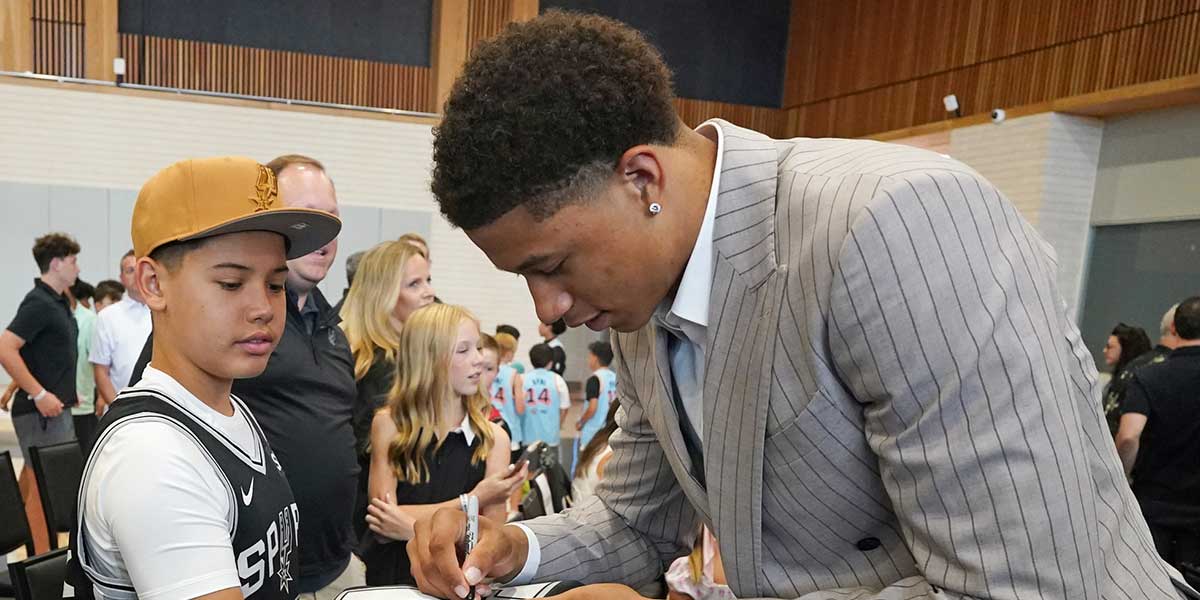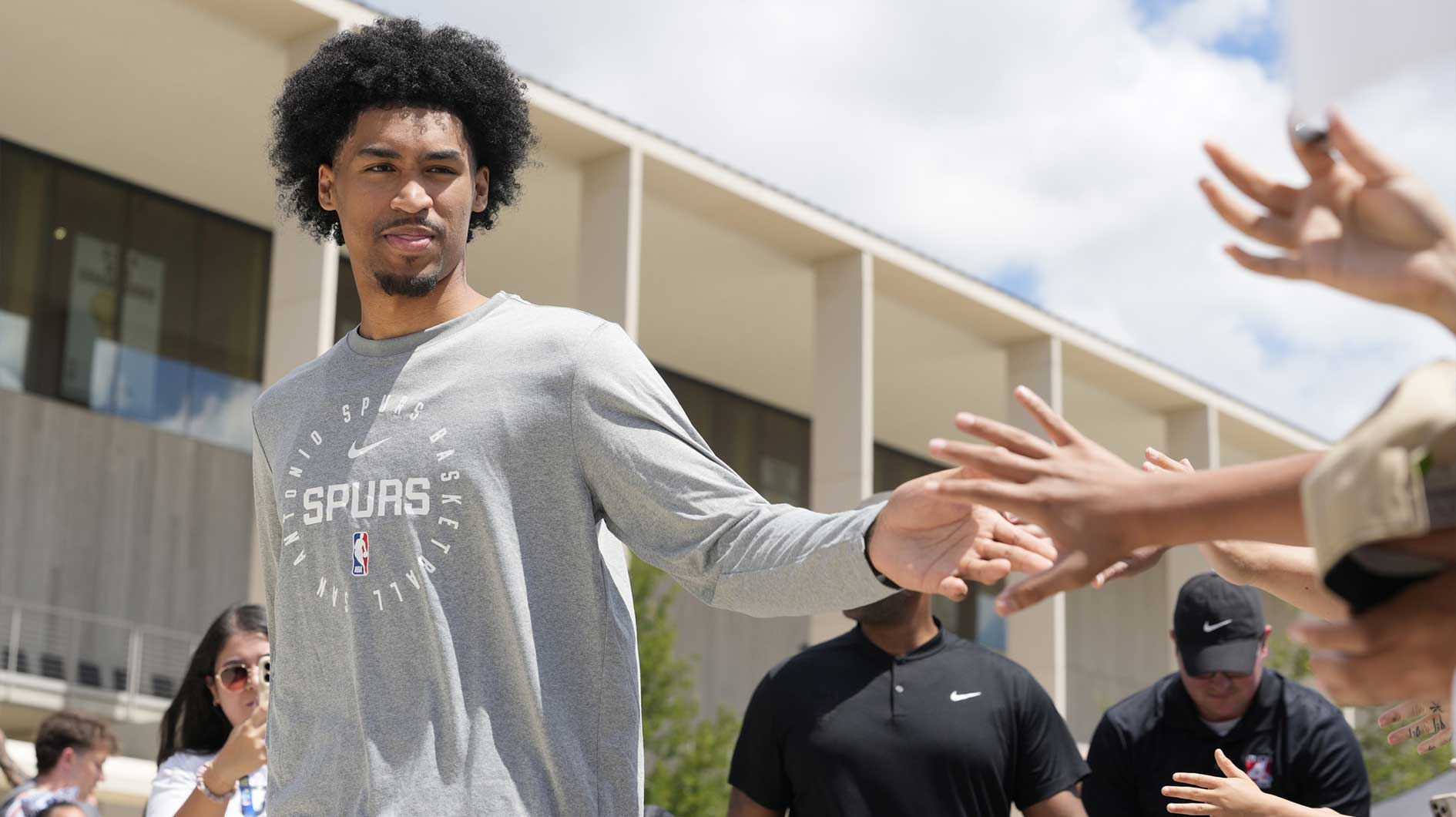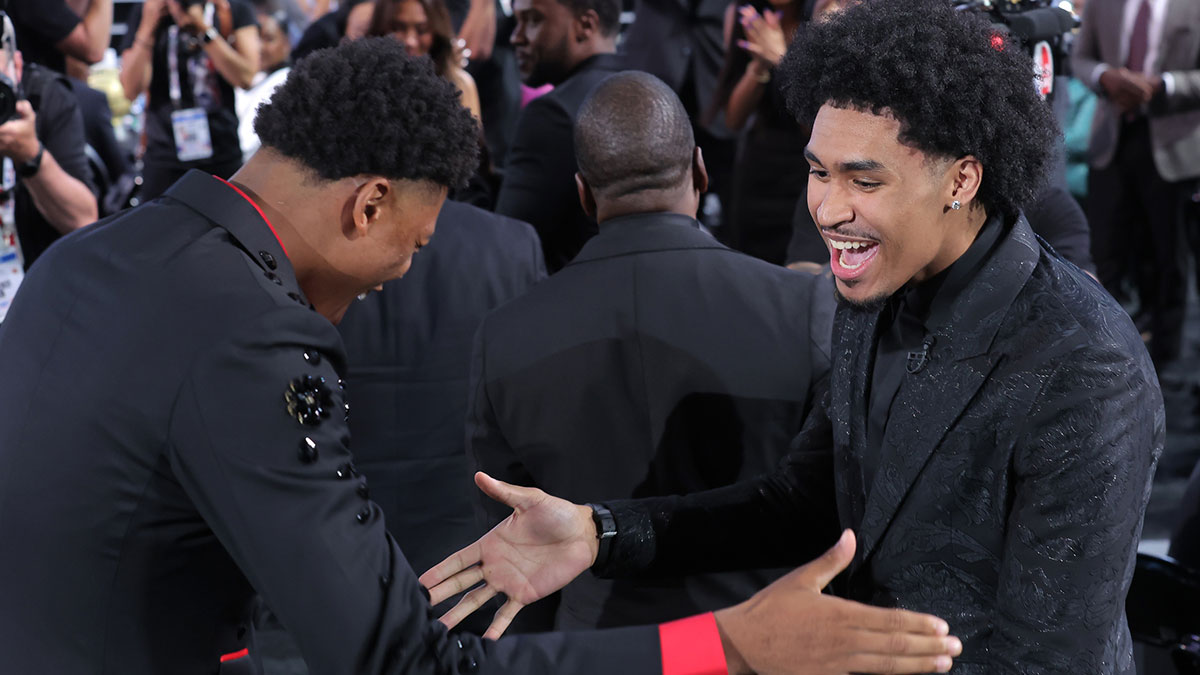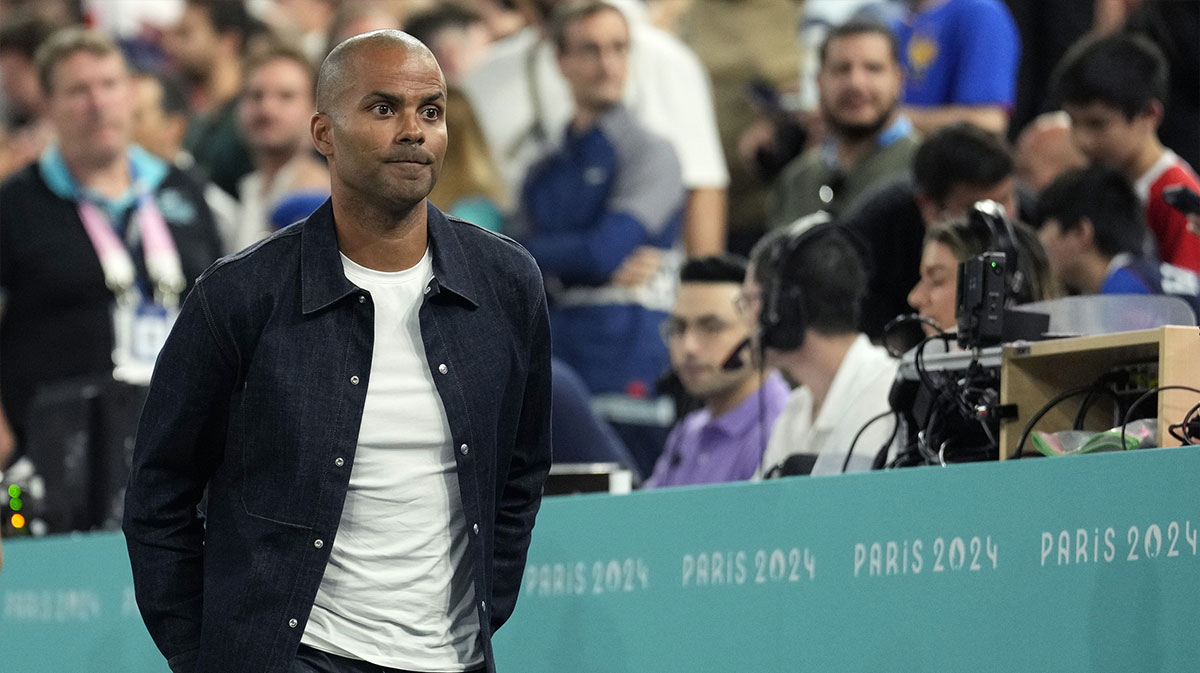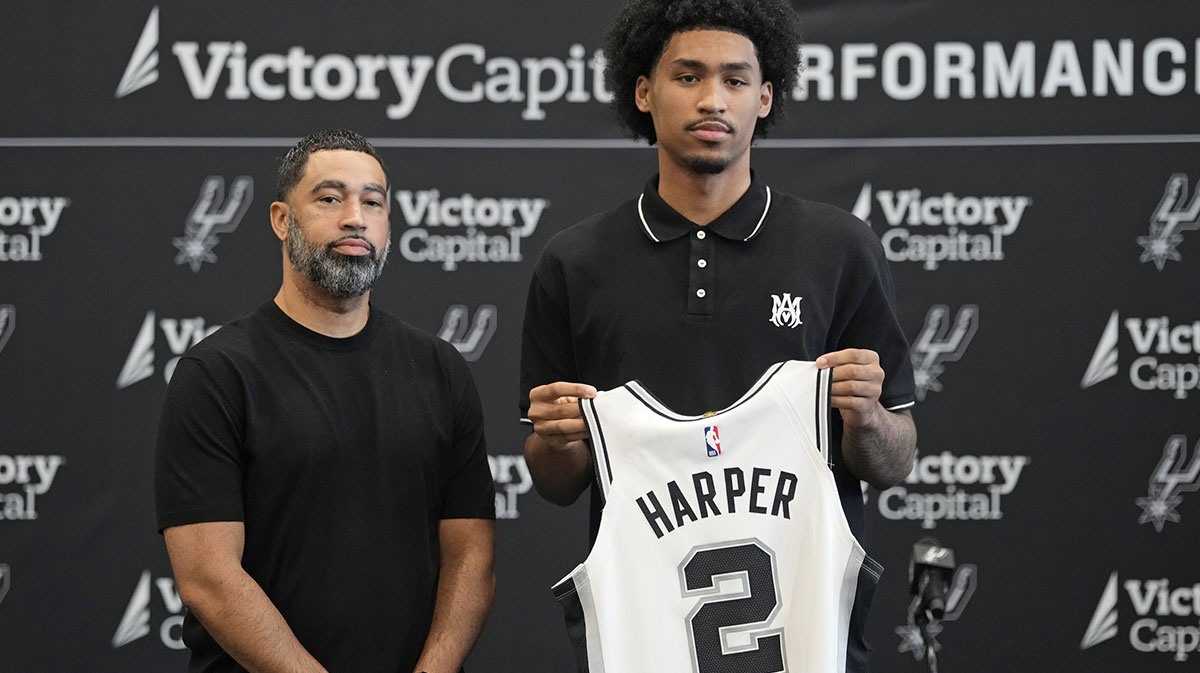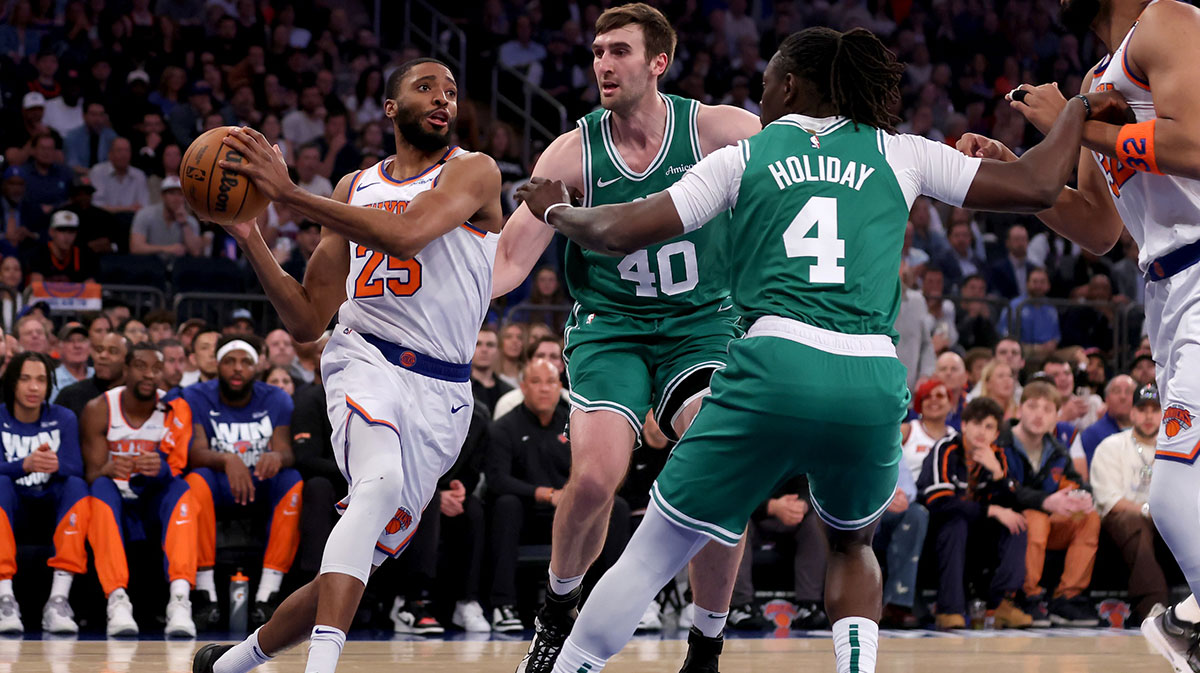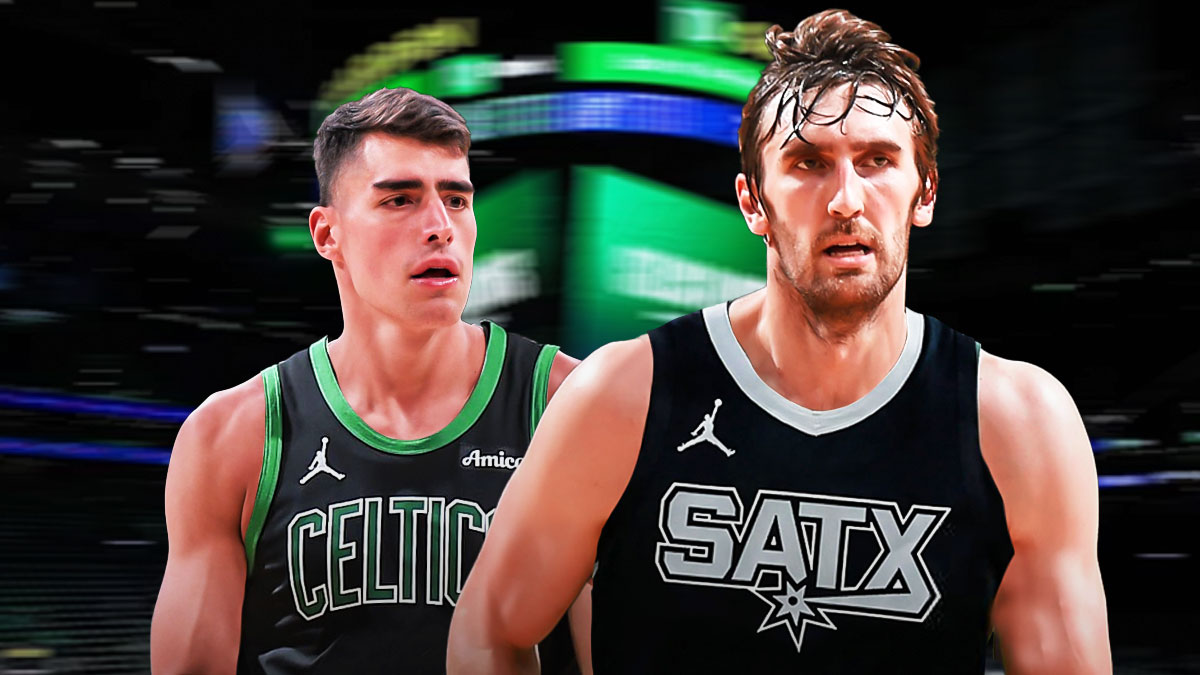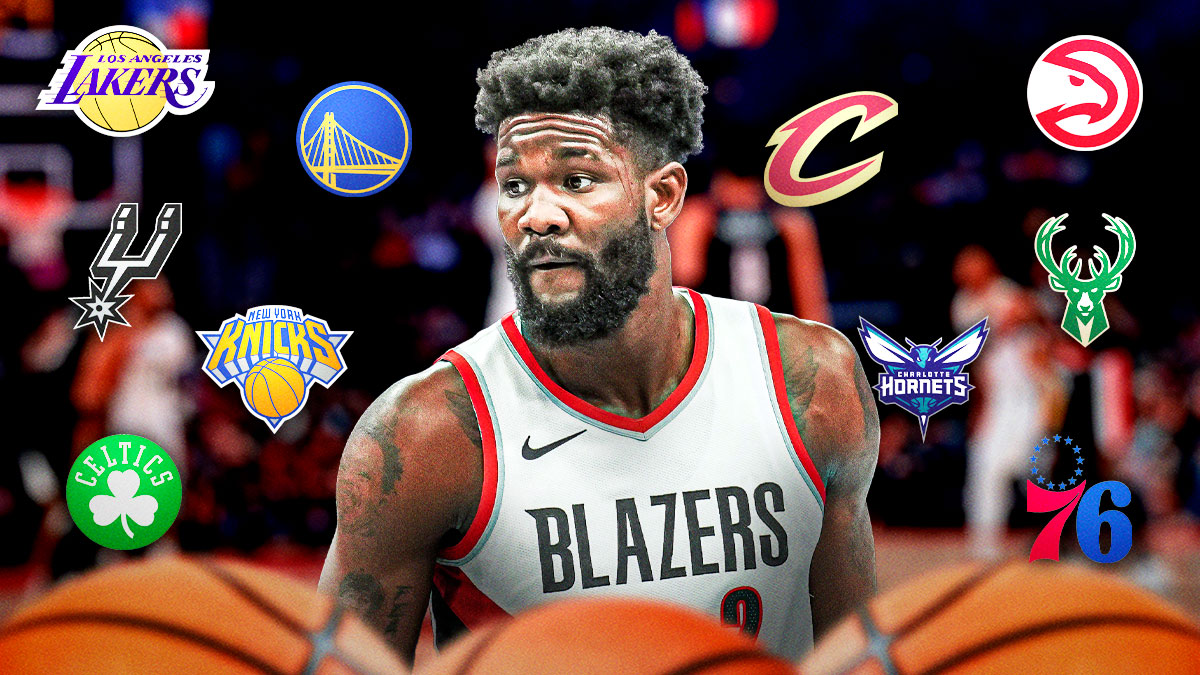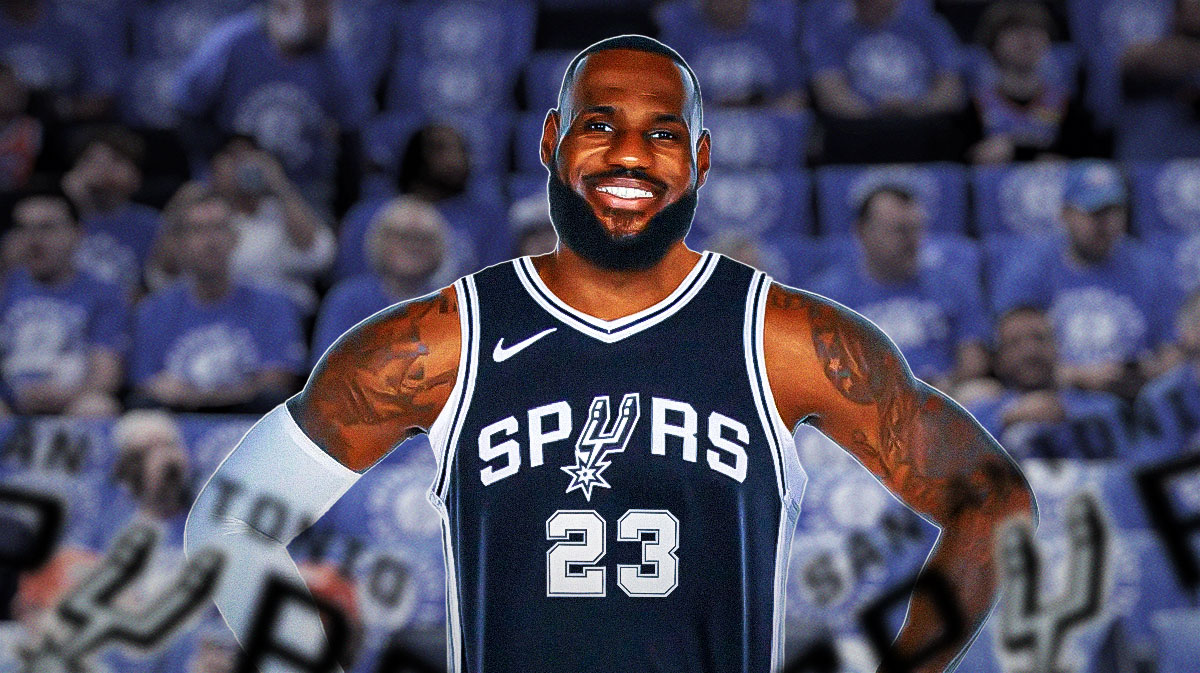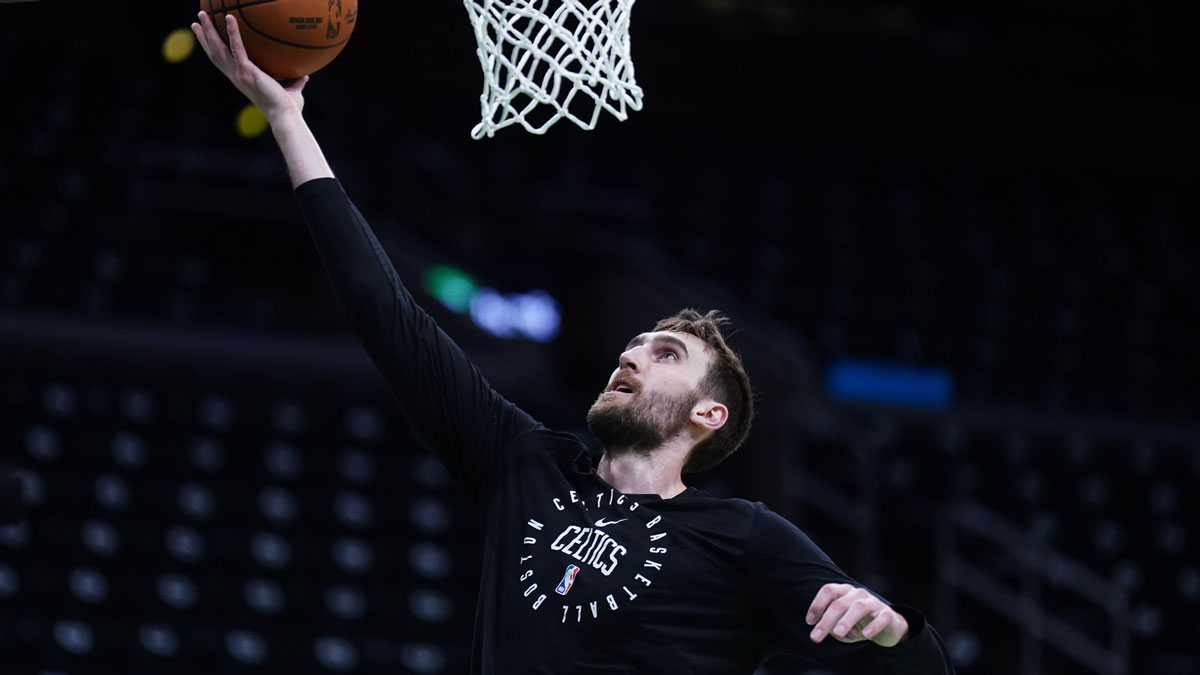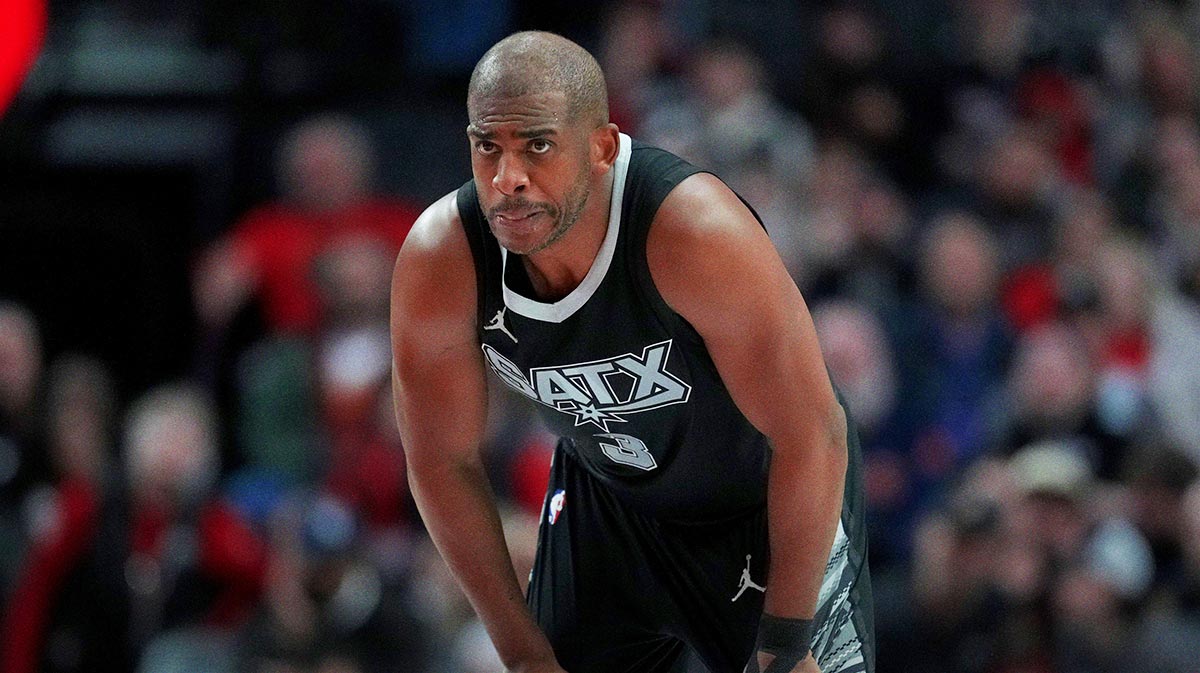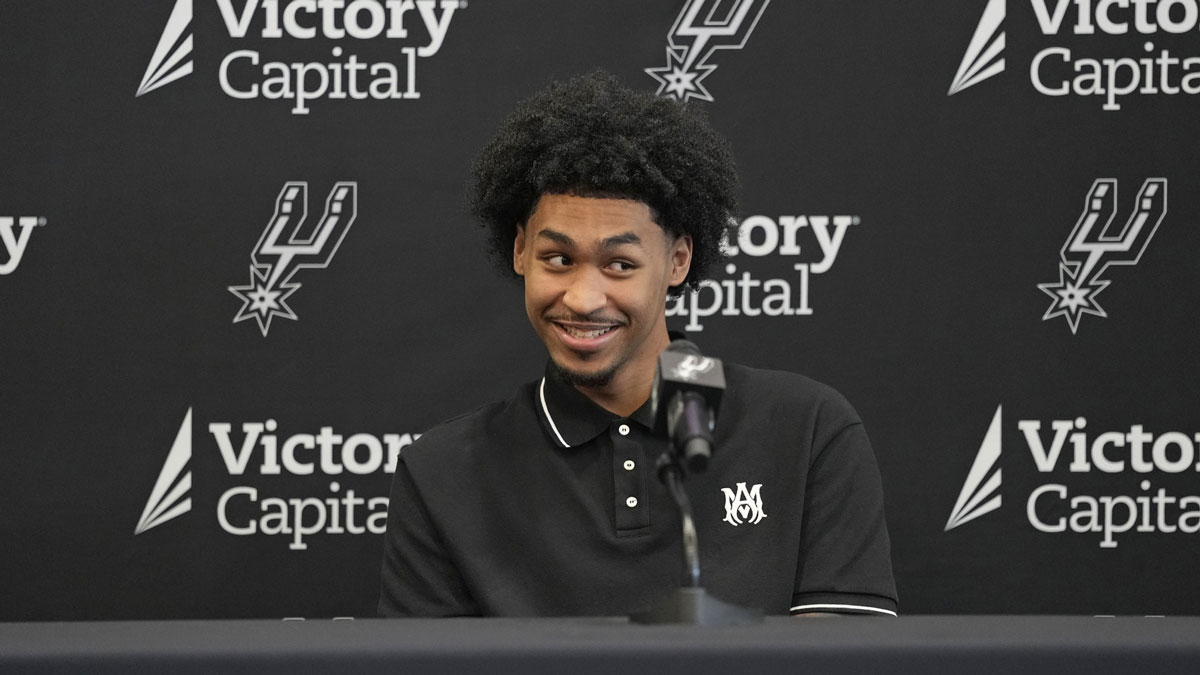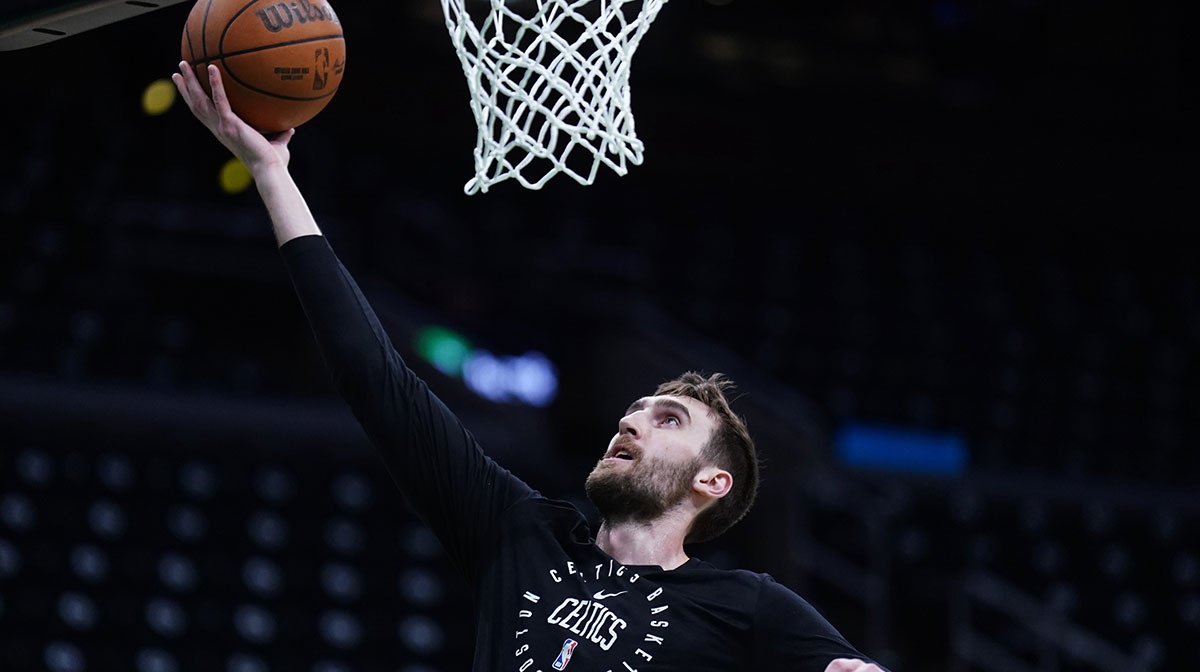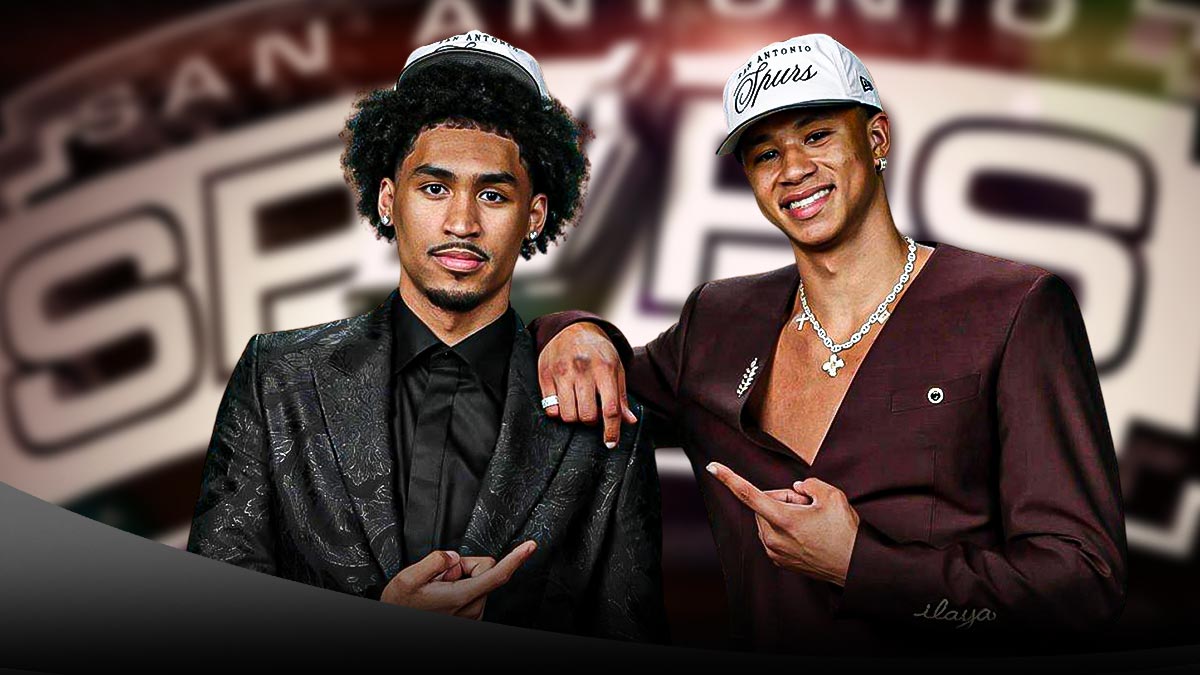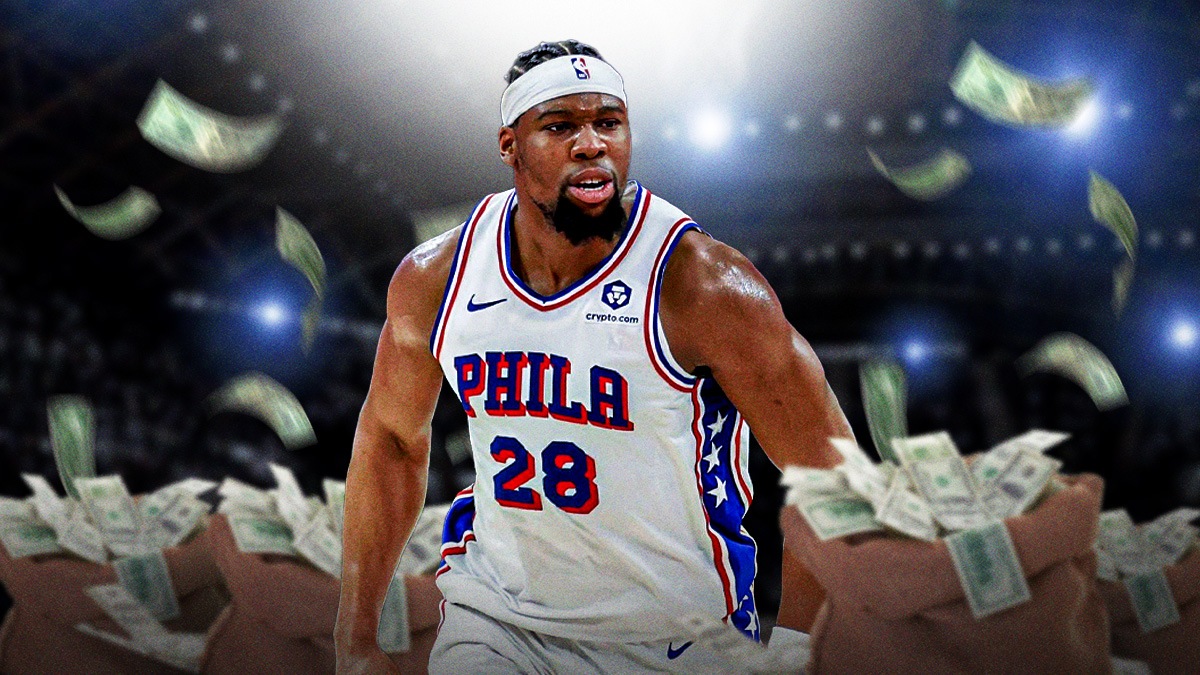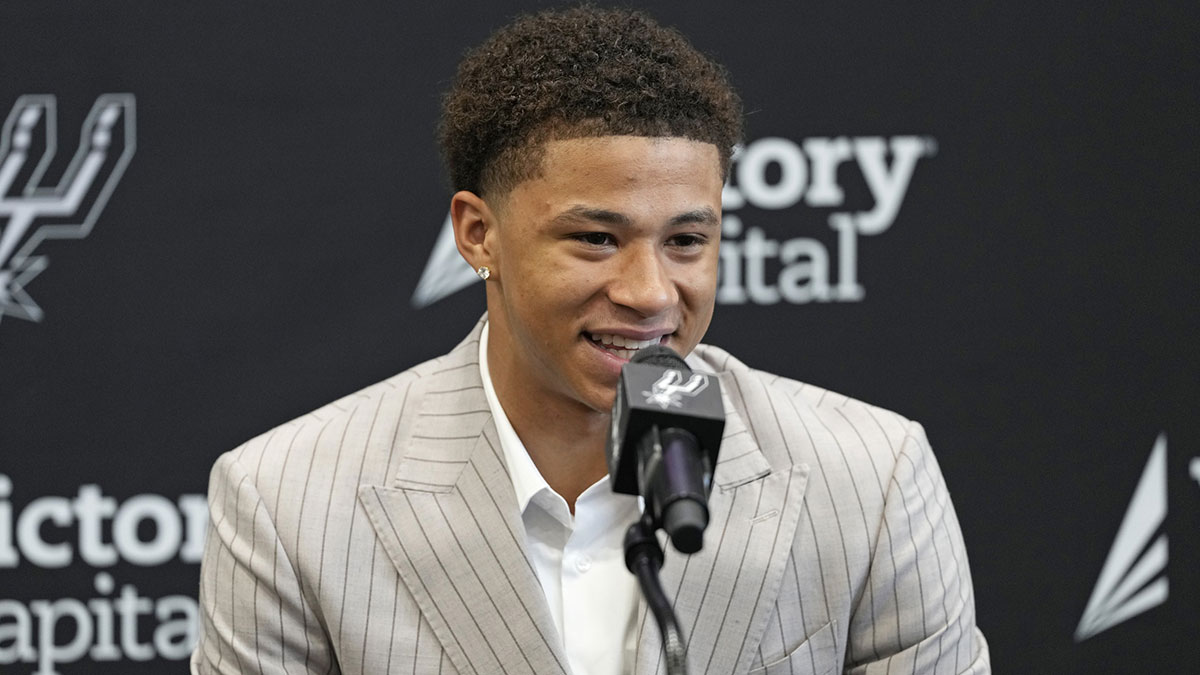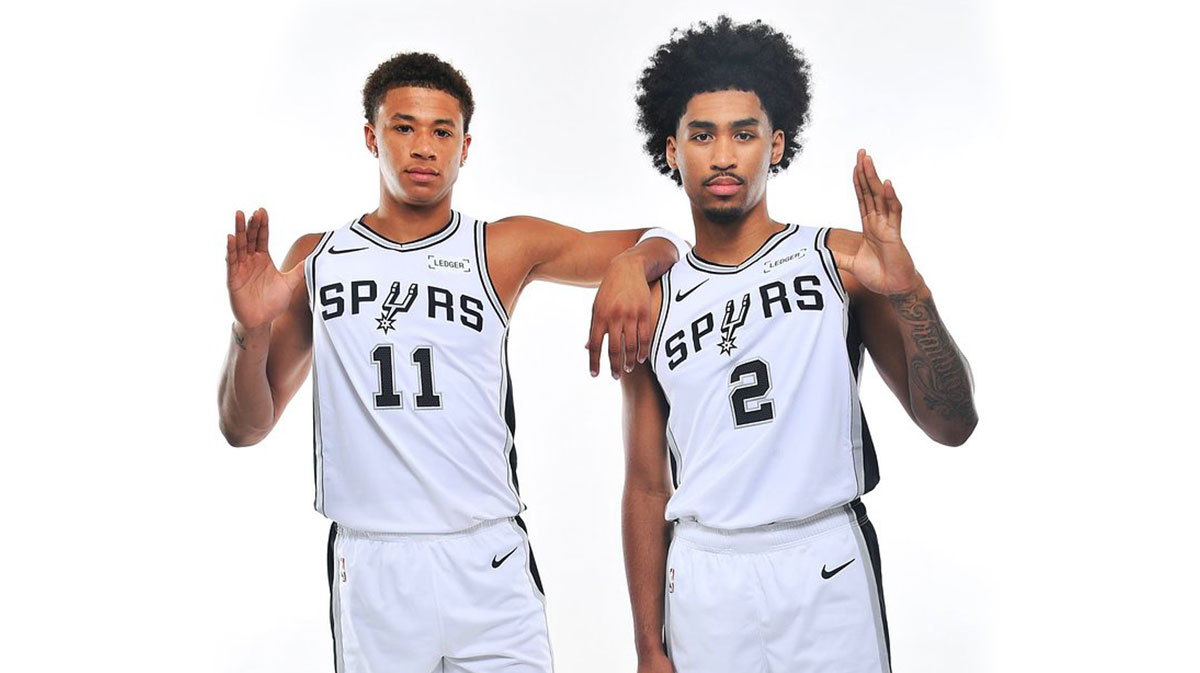San Antonio Spurs guard Patty Mills has, unfortunately, been experiencing racism since his days as a young kid in Canberra, Australia. His devotion to advocacy for racial justice is inspiring folks across the NBA community, including his longtime coach, Gregg Popovich.
Speaking to the The New York Times' Marc Stein, Mills recounted a traumatic experience on his first day of kindergarten as the only black person in the class. Since that moment, he has built up an internal “shield” to combat racial abuse:
“A lot of things that are said just bounce off me because of the shield I’ve created,” he said.
The undersized Mills has become a championship-winning NBA player with a decorated career in international hoops, but his off-the-court work is arguably more impressive and impactful.
Mills has emerged as an outspoken activist and joined the wide swath of players using the platform in Orlando to continue fighting against racism. Donovan Mitchell of the Utah Jazz shouted out Mills (and Jrue Holiday of the New Orleans Pelicans) as social justice leaders within NBA circles.
The Spurs veteran is donating his remaining 2019-20 salary (about $1 million) to Black Lives Matter Australia, Black Deaths in Custody and We Got You — a campaign he helped launch supporting athletes fighting racism in Australian sports. Mills said the racism Australian athletes endure is often harsher than in America:
“The better I got in sports, the worse the racism got,” Mills said, while sharing some of the derogatory names he was often called as a youth.
“It’s the same battle on two continents,” he said.
Mills' parents represent Indigenous cultures: his mother is an Aboriginal, and his dad hails from the Torres Strait Islands. Popovich bonded with Mills after he began a practice before the 2014 Finals with the story of Eddie Mabo — a revered activist among Indigenous Australians who happened to be Mills' great uncle. Pop is proud of the veteran guard:
“It’s been very satisfying to watch Patty grow into someone who is much more interested in our world than basketball,” Popovich said. “He has grown into a great citizen of the world.”
Popovich added that Mills' story is timely and important, “because normally all we think about is the race problem here. It’s in many places.”
Mills said he's fortunate to play for a coach, organization, and league that encourages him “to continue to show who I am as a Black Australian.”

